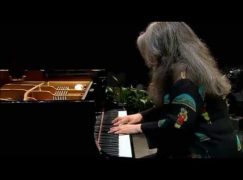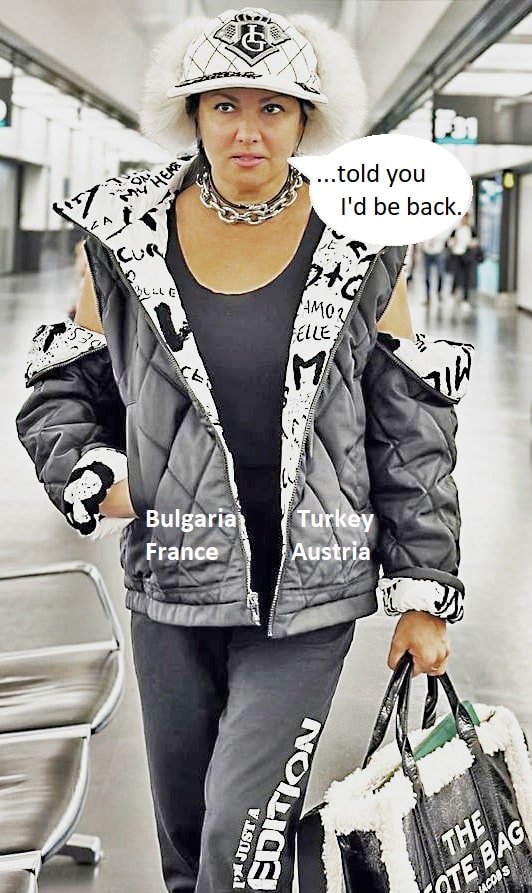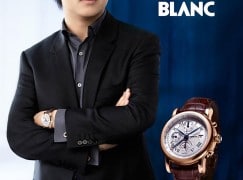

MOST READ TODAY:
-
Orchestras
MTT conducts one last time
This weekend, Michael Tilson Thomas conducted the New…

-
News
Martha Argerich has nothing to say
A long time ago I was advised that…

-
Opera
Anna Netrebko steals headlines in Covent Garden’s new season
The Russian soprano will return to London in…

-
News
China’s piano boom has gone quietly bust
A number of reports are suggesting that the…

Comments